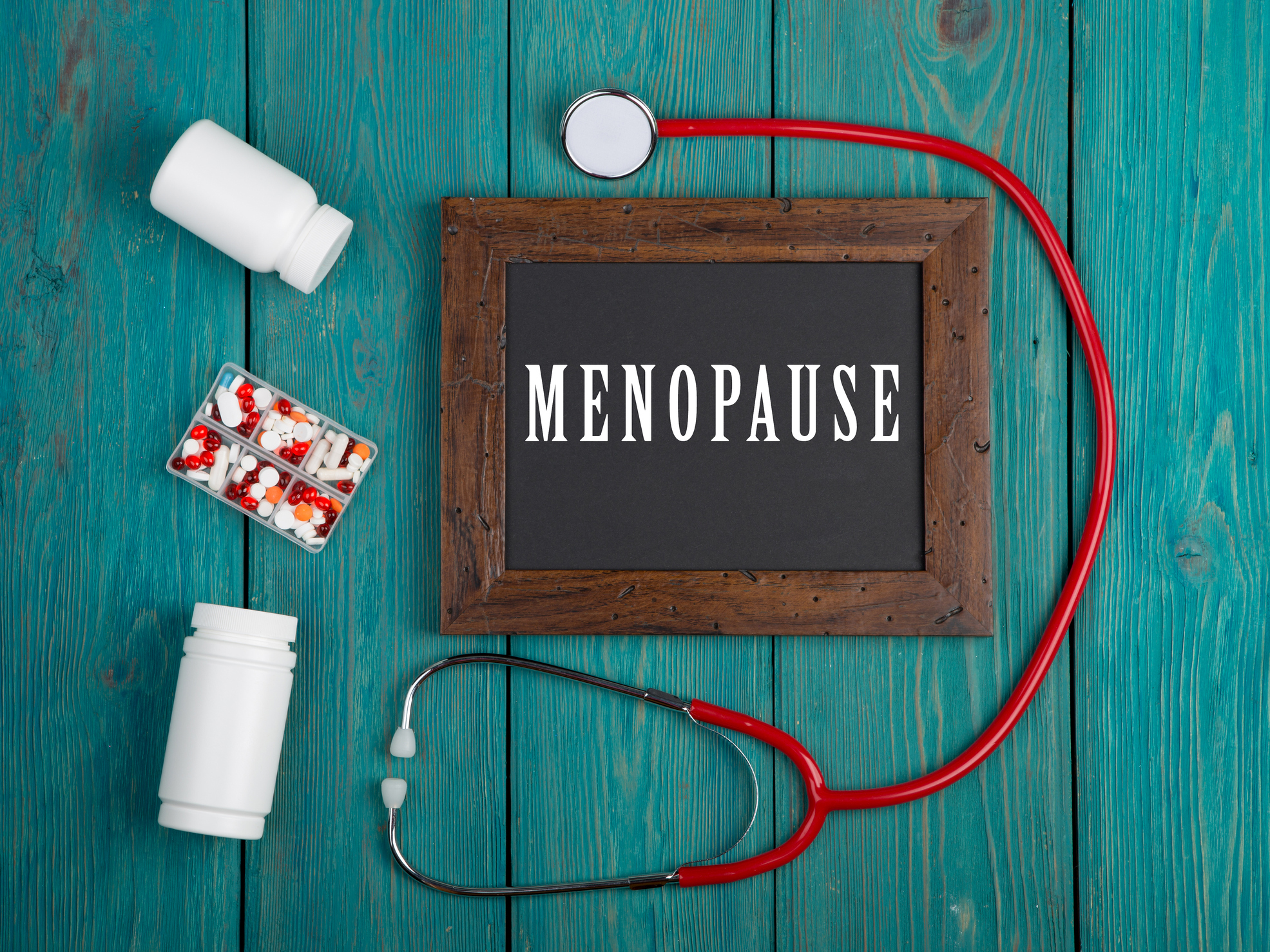Get Easy Health Digest™ in your inbox and don’t miss a thing when you subscribe today. Plus, get the free bonus report, Mother Nature’s Tips, Tricks and Remedies for Cholesterol, Blood Pressure & Blood Sugar as my way of saying welcome to the community!
Hormone therapy and breast cancer link worse than thought

When you go in for your yearly mammogram, one of the boxes you’ll have to check as you fill out your forms is to reveal whether or not you’re taking drugs for hormone therapy.
That’s because over a decade ago, something troubling became apparent — that menopausal hormone therapy, including estrogen and progesterone, could substantially increase women’s risk of developing breast cancer as well as other conditions like blood clots, gallstones, and incontinence.
So, while it does come with some benefits, like controlling hot flashes and slowing bone loss, many women question if it’s worth theses risk.
Related: 6 menopause symptoms you can treat with acupuncture
Now, according to a new landmark meta-analysis, which looked at a whopping 58 separate scientific studies involving more than 100,000 women, it’s been discovered that the risk is even greater than previously thought and has been dramatically underrepresented.
If you’re taking hormone replacement therapy or considering it to help with your menopausal symptoms, it’s important to know the truth…
Double what previously thought
The research, published in The Lancet, looked at the three main types of menopausal hormone therapy or (MHT) – estrogen only, estrogen plus progesterone daily, and estrogen plus intermittent progesterone.
And, here’s what the research team found…
While 63 in 1,000 women who have never taken MHT will develop breast cancer (a 6.3 percent risk):
- For those taking estrogen plus daily progesterone, 83 in 1,000 will end up with cancer. This translates to an increased risk of one woman in every 50 on the hormone therapy.
- For estrogen with intermittent progesterone, 77 per 1,000 will develop breast cancer – or one in every 70 on the therapy.
- For estrogen alone (a seldom-used strategy unless post-hysterectomy) 69 out of 1,000 will be diagnosed with breast cancer. This translates to one in every 200 on the therapy.
Now, overall those numbers might not seem like a huge difference, but according to the researchers, it shows that the risk of breast cancer due to menopausal hormonal therapy is twice what was previously thought!
Risks persist years later
And, stopping the therapy doesn’t necessarily save you…
In fact, the team found that once you stop taking the hormones, some of the risks persist for up to a decade.
Here’s something else to be aware of…
According to the scientists, many doctors believe that taking the drugs for only a short amount of time (two to five years) is safe. But the study proved that to be completely false and your risk of breast cancer is just as high.
Related: 3 ways to avoid menopause’s disease dangers
They say that your risks seem to start at one year and go up exponentially after that with it doubling at the 10-year mark compared to five years.
And, they say that although the study wasn’t able to prove a causal relationship, just an indisputable link, if the findings are causal, hormone therapy is responsible for one million of the 20 million breast cancer deaths in developed countries in the past 30 years.
So, if you want to avoid breast cancer, it’s important to know the risks of hormone replacement therapy and take the advice of Dr. Otis Brawley, a professor of oncology and epidemiology at Johns Hopkins University, who says this, “For 18 years now I have been trying to convince women that they don’t want to start postmenopausal estrogens, and I’ve been encouraging women who have hot flashes to try to resolve those hot flashes through other medical means.”
Sources:












